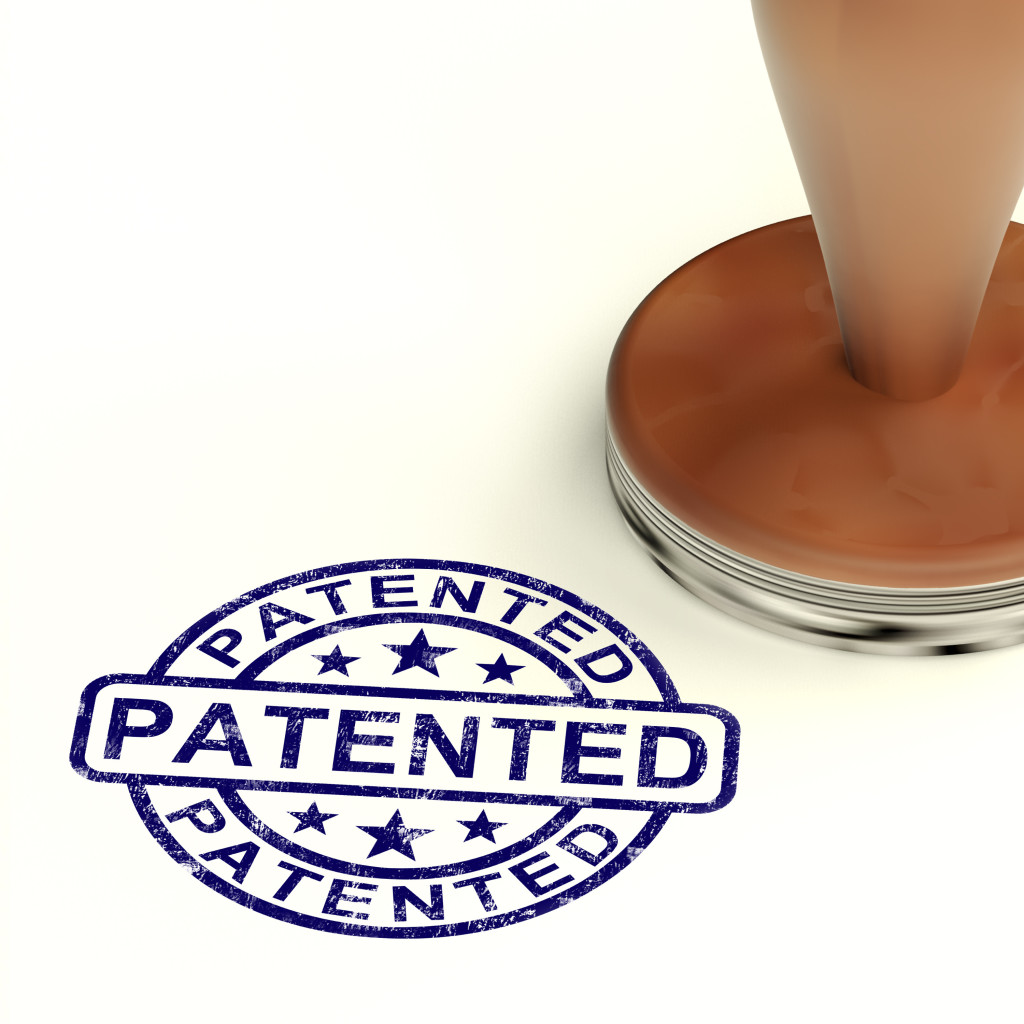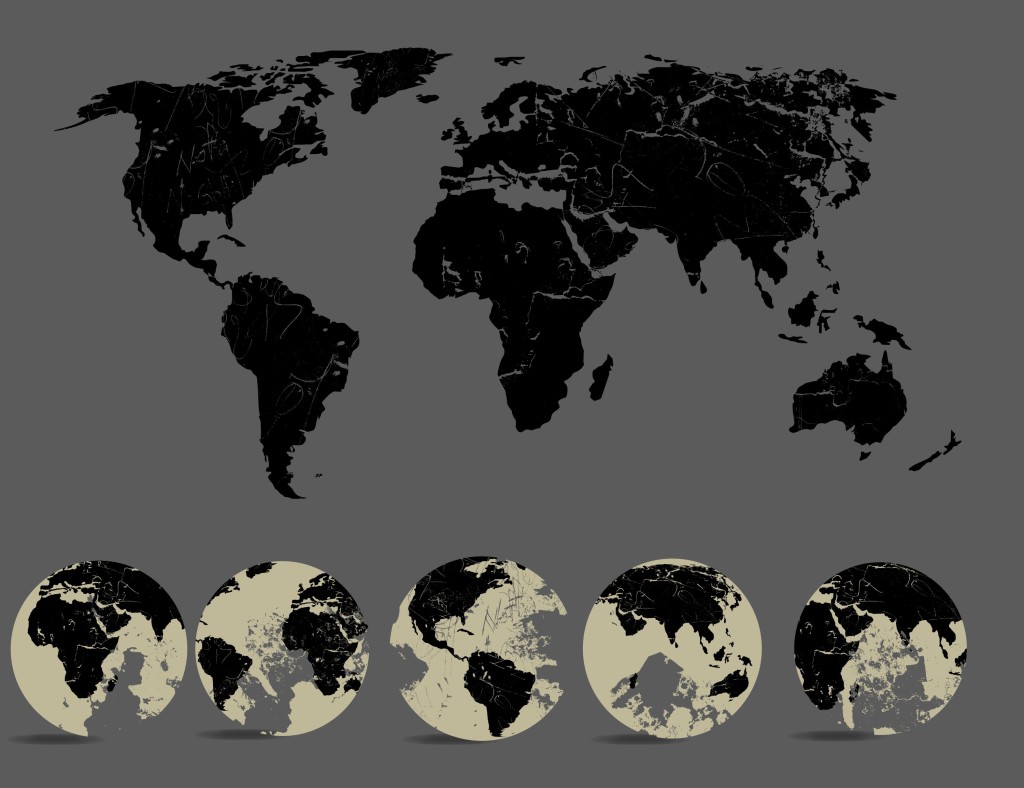What is a Patent?
A patent is a legally granted exclusive right that is given to an inventor (or assignee) by government authority. It provides the inventor with the exclusive right to make, use, and sell their invention for a limited period of time, generally 20 years from the filing date of the patent application. This exclusive right allows the inventor to prevent others from making, using, selling, or importing the patented invention without permission.

Patents are typically granted for new and useful inventions or discoveries that meet certain criteria, such as being novel (not previously known or publicly disclosed), inventive (not obvious to a person skilled in the field), and capable of industrial application (useful and applicable in an industry).
Patents serve several purposes and provide various benefits, including:
- Protection: Patents provide legal protection for inventors by granting them exclusive rights, allowing them to prevent others from using or profiting from their invention without permission.
- Commercial Advantage: Patents can give inventors a competitive advantage in the marketplace. The exclusive rights provided by a patent allow the inventor to commercialize their invention and potentially generate revenue through licensing, selling, or manufacturing the patented technology.
- Recognition and Reputation: Having a patent demonstrates the inventiveness and technical expertise of the inventor or the company holding the patent. It can enhance their reputation in the industry, attract investors, and provide a marketing advantage.
- Incentive for Innovation: Patents encourage innovation by rewarding inventors for their efforts. The exclusive rights granted by a patent incentivize inventors to invest time, resources, and creativity in developing new and valuable inventions.
Lipsitz & McAllister, LLC specializes in all aspects of patent prosecution,including but not limited to:
- Initial patent searching
- Patentability opinions
- Provisional patent applications
- Utility patent applications
- Design patent applications
- Prosecution of patent applications through the USPTO
- Post patent issuance maintenance
- Foreign and PCT/International patent application prosecution
- Infringement Opinions
U.S. Patents
We have obtained over 1500 U.S. patents for our clients in a wide variety of technical fields, including but not limited to:
- mechanical
- automotive
- software
- medical
- biomedical
- electrical
- computer technology
- business methods
- electronic, and others
International Patents
Obtaining a patent in another country can offer several advantages and opportunities for inventors or companies. Here are some reasons why you might consider seeking a patent in another country:
- Global Market Coverage: If you plan to sell your invention or expand your business internationally, obtaining patents in other countries provides protection for your intellectual property in those specific markets. It allows you to prevent others from manufacturing, using, selling, or importing your patented invention without permission, ensuring that you have exclusive rights in each country.
- Market Expansion: Having a patent in a particular country can facilitate market entry and expansion by providing a competitive advantage over local competitors who cannot legally use or sell your patented invention. It helps establish your position in the market and may attract potential partners, investors, or licensees.
- Licensing and Commercialization: Patents can be valuable assets that can be licensed or sold to generate revenue. By securing patents in multiple countries, you increase the licensing opportunities and potential market for your invention. It enables you to negotiate licensing agreements with local companies in those countries, allowing them to use your technology in exchange for royalties or other financial arrangements.
- Patent Enforcement: If someone infringes upon your patent in a foreign country, having a granted patent in that jurisdiction provides a strong legal basis to enforce your rights and take legal action against the infringers. Without a patent, it can be challenging to protect your invention and seek remedies for infringement.
- Preventing International Competition: Obtaining a patent in another country can help prevent competitors from copying or imitating your invention and subsequently entering foreign markets with similar products. It acts as a deterrent and strengthens your position against potential infringers.
- Research and Development Collaboration: Patents can facilitate collaboration and partnerships with other inventors, researchers, or companies in different countries. They provide a framework for exchanging knowledge, technologies, and expertise, leading to innovation and advancements in various fields.

We have long established relationships with foreign law firms around the world and have extensive experience in foreign patent prosecution.

